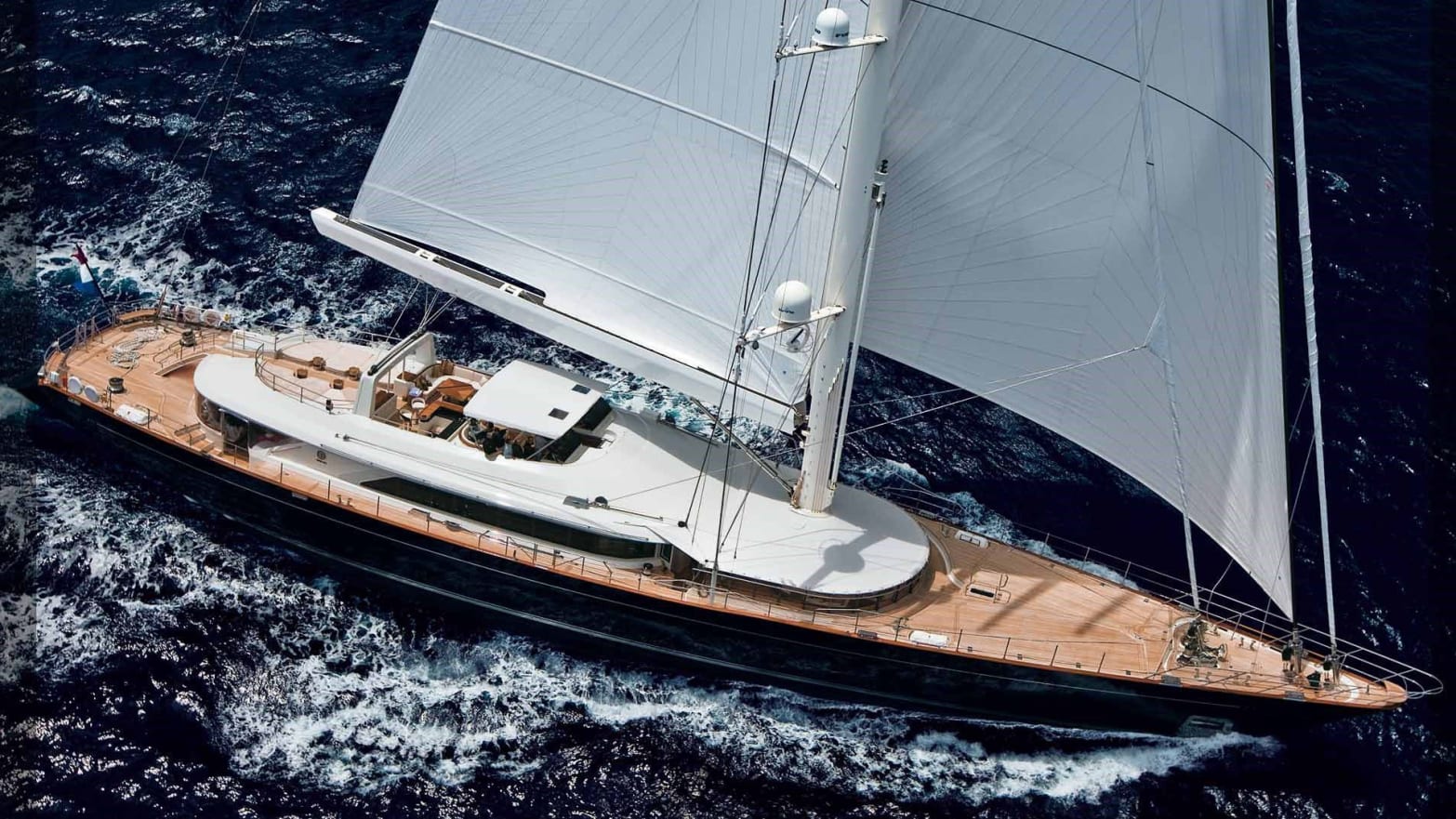I was nine. It was Florence, in mid-July. My parents bravely led my younger brother and me through a day of sweaty sight-seeing. We had just been up and down the Duomo and were cooling ourselves with ice cream in an adjacent square when there was a hideous bang. At first, we thought it was an explosion. Then, as we passed the Duomo again a few minutes later, we saw something so grisly I still remember it with a shudder: paramedics trying to get a stretcher covered in a white sheet into the ambulance, and on the ground, a huge splat of what looked like spaghetti sauce. It took a moment for me to get my head around what that must be, and how it related to the bang, and then I couldn’t unwrap my head from it.
Many years of subsequent travel to Italy – the most intoxicating, alluring part of Europe – have brought more encounters with tragedy and death
Many years of subsequent travel to Italy – the most intoxicating, alluring part of Europe – have brought more encounters with tragedy and death. Perhaps it’s the inevitable result of all that beauty, glory and passion. On a recent trip to Trieste, there was a man who had a funny turn in the water and died a few minutes later, three chairs in front of me, as paramedics, who had had to run half a mile along a thin stony quay, battled to save him. In the spring, a friend’s brother died swimming off the coast near Catania, in view of a glowering Etna. There are more such stories.
And so I have found it impossible not to feel a sense of uneasy prophecy in the strange, tragic and – as many think, unexplained – death this week of tech tycoon Mike Lynch and some of his party, including his 18-year-old Oxford-bound daughter Hannah, and Jonathan Bloomer, international chairman of Morgan Stanley, in a storm off the coast of Porticello in Sicily. Lynch had hired a beautiful 183-foot yacht called the Bayesian to celebrate his recent acquittal in a £5 billion US fraud trial over the sale of his company Autonomy to Hewlett Packard. (In a seemingly bizarre coincidence, his co-defendant, Mike Chamberlain, was run over and killed in Cambridgeshire just two days before Lynch’s boat went down).
A freak waterspout hit precisely where Lynch’s yacht – with a mast higher than Nelson’s Column – was moored. CCTV from Porticello shows the brute force of the storm. It is almost supernatural. People are shocked at such sudden fury in August, thought of as a tired, still month on the Med. And yet, I know from my time in Sicily that violence of the change chronicled in this haunting story – the dreamy sunset shot from the Bayesian’s deck a few hours before hell broke loose – is just how things are there – whatever the month.
One does not go to Sicily in the spring, summer, or autumn months and expect a deluge. And yet those who approach the shimmering ancient island without respect for its meteorological danger (to say nothing of the mafia) are dangerously wrong. Of the half-dozen or so times I have been to Sicily, I have seen more wind and rain, more waves splashing ferociously over the breakwaters and raised coastal paths, than I see in a whole winter in England. The intensity is staggering. I was in Siracusa – my usual haunt – one October during a cyclone, and the ancient Spartan city, which repelled the Athenians so vigorously in 500 BC, was now dangerously bisected by fallen pylons and sparking wires; I was unable to see my friend who lived just across the causeway. People died.
Many writers have encountered the same ferocious world of Italian tragedy and beauty. There’s Thomas Mann’s Death in Venice, about plague and suicidal pedophilia; Giuseppe Tomasi di Lampedusa’s The Leopard, about brutal Risorgimento Sicily; the Elena Ferrante quartet about friends from 1950s Naples who endure unspeakable violence (amid moments of joy) growing up; The Garden of the Finzi-Continis, the quiet classic by Giorgio Bassani about a wealthy family who depart their Ferrara villa bound for Auschwitz. Lower brow perhaps, but I was also a fan of Ian McEwan’s early novel The Kindness of Strangers, about terrible things taking shape for a pair of English tourists on an Italian lagoon. In real-life Italy, the sight of ambulances and emergency services in desperate full throttle is strangely familiar. We all saw those images of coffins mounting in Bergamo in February 2020. Death finds one in Italy, it often feels.
The Lynch story is shaping up to be as gothic, labyrinthine, and haunting as any set in Italy or Sicily – a lesson to all those who think that the seductress of southern Europe is just a pleasure palace. It can just as easily be a chamber of hell.








Comments